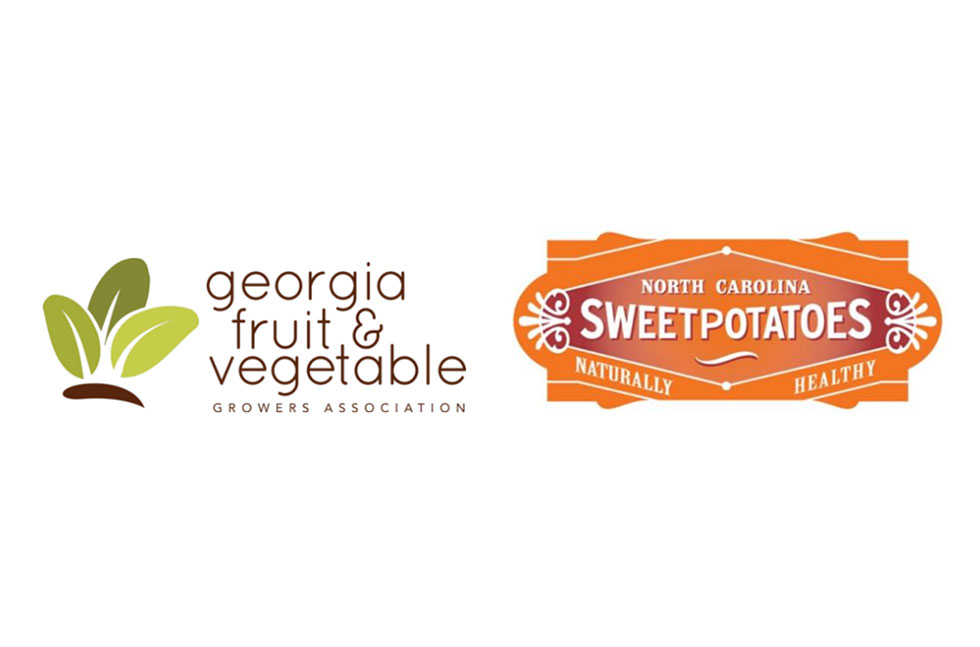The Georgia Fruit and Vegetable Growers Association (GFVGA) and the NC Sweetpotato Commission (NCSC) have assembled a five-state, 30-organization coalition comprised of two national produce organizations, representing a diverse collection of crops including eight advocacy groups, with the mission of filing a Freedom of Information Act (FOIA) request with the U.S. Department of Agriculture (USDA).
The purpose of the request is to obtain detailed information about how the USDA calculates the Adverse Effect Wage Rate (AEWR), which determines minimum wages under the H-2A agricultural guest-worker program.
Backing this request is forthcoming research by Blake Brown, a professor at North Carolina State University, which indicates that the AEWR calculations have consequences for farmers, consumers and American workers. This research will be available in mid-June.
In addition, data reflects that due to higher prices, American consumers are eating fewer fruits and vegetables, leading to increased healthcare costs because of a poorly balanced diet.
Furthermore, the USDA provided data in 2023 that the nation is now a net importer of food. While this contributes to several problems for the country, most alarmingly it leaves the U.S. even more vulnerable and exposed when it comes to national security.
“The sharp increase in AEWR rates is putting North Carolina sweetpotato farms – and the entire state’s agricultural economy – at risk,” said Michelle Grainger, executive director of NCSC. “Sweetpotatoes are a labor-intensive crop and due to skin sensitivity, [they] must be hand harvested. As labor costs surge beyond inflation, many growers are facing reduced access to essential workers, threatening a substantial reduction in acres produced, timely harvests and ultimately leading to significant revenue losses.
“If left unaddressed, this wage pressure could push more farms out of business, weaken our rural communities and undermine the sustainability of North Carolina’s vital produce sector while also further distancing consumers from the producers and their healthy crops that aid in an affordable and nutritionally balanced diet.”
The produce coalition warns that the USDA’s current AEWR methodology contributes to a self-compounding wage inflation cycle, undermining the economic viability of U.S. agriculture. This poses growing risks to national food security, increases American dependence on imported food and threatens the stability of rural communities across the country.
“The current trajectory of AEWR increases is simply unsustainable for specialty crop growers in Georgia and across the Southeast,” said GFVGA EVP Chris Butts.
“Without immediate legislative reform and greater transparency in how these wage rates are set, we risk losing farms, jobs and our ability to feed the nation. We must act now to ensure a fair, data-driven wage process that protects both our farmworkers and the future of U.S. agriculture.”
Each participating organization is engaging its stakeholders, press contacts and state congressional delegations to advocate for an accountable, fair and economically sustainable wage-setting process that promotes the sustainability and future of American agriculture.
The coalition is encouraging organizations and stakeholders facing similar undue burdens from rising AEWR rates to consider sharing their experiences and concerns with local and state representatives.
A unified understanding of the impact across agricultural sectors will help inform a more balanced and transparent wage-setting process, one that supports the fair treatment of farmworkers and the continued viability of U.S. farms.
[RELATED: IFPA Shares Retail Produce Manager Award Recipients]

